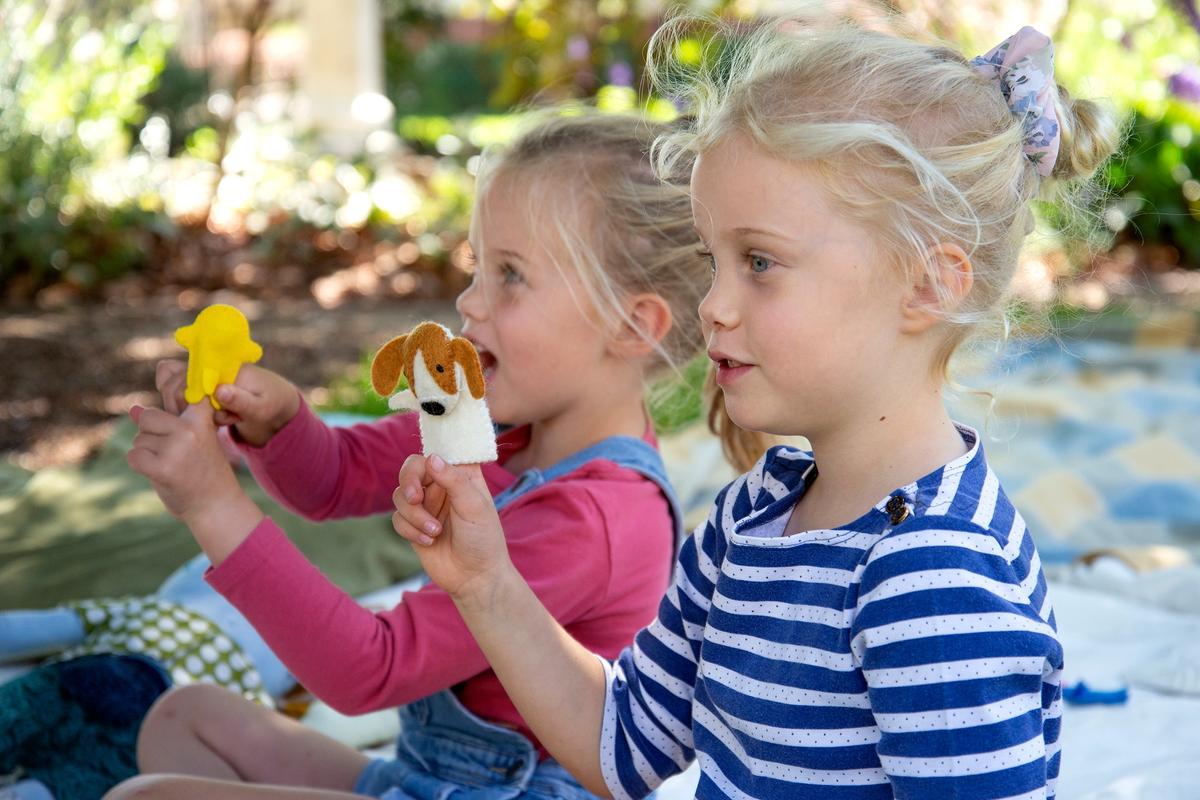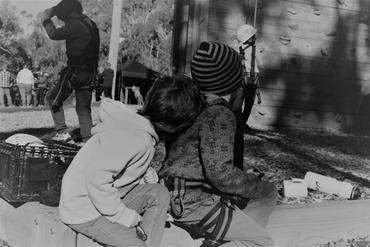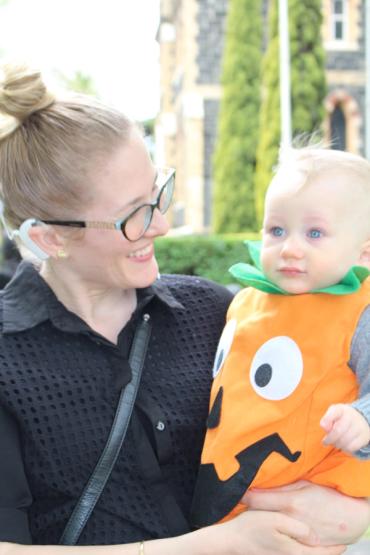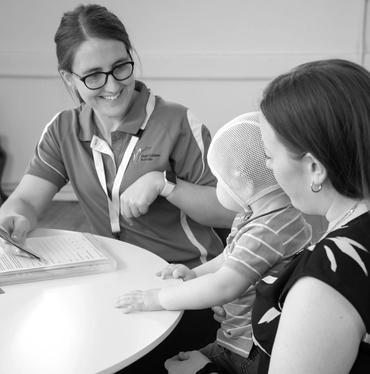What do early intervention specialists do?
Early intervention aims to give your child the best possible start in life by supporting them to develop vital communication skills. It should start as soon as possible after your child has been diagnosed with a hearing issue.

What is early intervention?
Early intervention is all about helping children with disability or additional needs develop important skills for participating effectively at home, school, work and in their communities. For children who are deaf or hard of hearing, the focus will be on supporting optimal communication and social skill development.
Early intervention services use evidence-based therapies based on knowledge about how the brain develops. Services should be tailored to the needs of your child and family, considering your and your child’s strengths, areas of need, and goals.
How can my child benefit from early intervention?
Early intervention is based on the science about how a child’s brain is primed for learning at certain times. Your child can benefit from receiving services aimed at making the best use of these times by supporting them to learn how to communicate, use any hearing they have available, and participate fully in family life. This ensures your child learns how to engage with other people and explore their world.
The skills your child develops now are important foundations for later development and learning. Early intervention will ensure your deaf or hard of hearing child has the best chance of succeeding at school, work and in their community throughout life.
For example, it’s important your infant learns to communicate within your family, so they can have their needs met and interact with other family members. Communication skills are also vital for socialisation, which will benefit your child in forming relationships with teachers and making friends. Being able to understand and express ideas is also vital for success at school.
What does early intervention look like?
Early intervention takes a multidisciplinary approach, which means several professionals are likely to be involved in supporting your child and family. This could include your family doctor, audiologist, Teacher of the Deaf, speech-language pathologist, educational psychologist, and more.
Your team will assess your child’s and family’s needs by talking to you and observing your infant. They may run specialised tests to assess your child’s hearing level. Gathering information from your child’s history and assessment will help the team make recommendations about the services and support that would best meet your needs and goals.
For example, your early intervention service providers could give you advice and help with things like hearing aids and cochlear implants, and teach you how to use eye contact and early signing to communicate with your baby. They could be involved in helping your child learn Auslan, spoken language, or a combination of both.
If your child is learning to sign, the professionals involved will be skilled in using signed communication and able to help your whole family learn. They can also help you connect with other families of a deaf or hard of hearing child.
Your team will continue to assess your child’s progress and update any therapies or programs as your child grows and learns.
You are a key member of your child’s team. An important part of early intervention is helping parents gain confidence for interacting with and supporting the development of their deaf or hard of hearing child.
Early intervention service providers for deaf or hard or hearing children.
ACT
NSW
NT
QLD
Department of Education & Training
SA
Department for Education and Child Development
TAS
VIC
Department of Education and Early Childhood Development
WA
School of Special Educational Needs: Sensory



